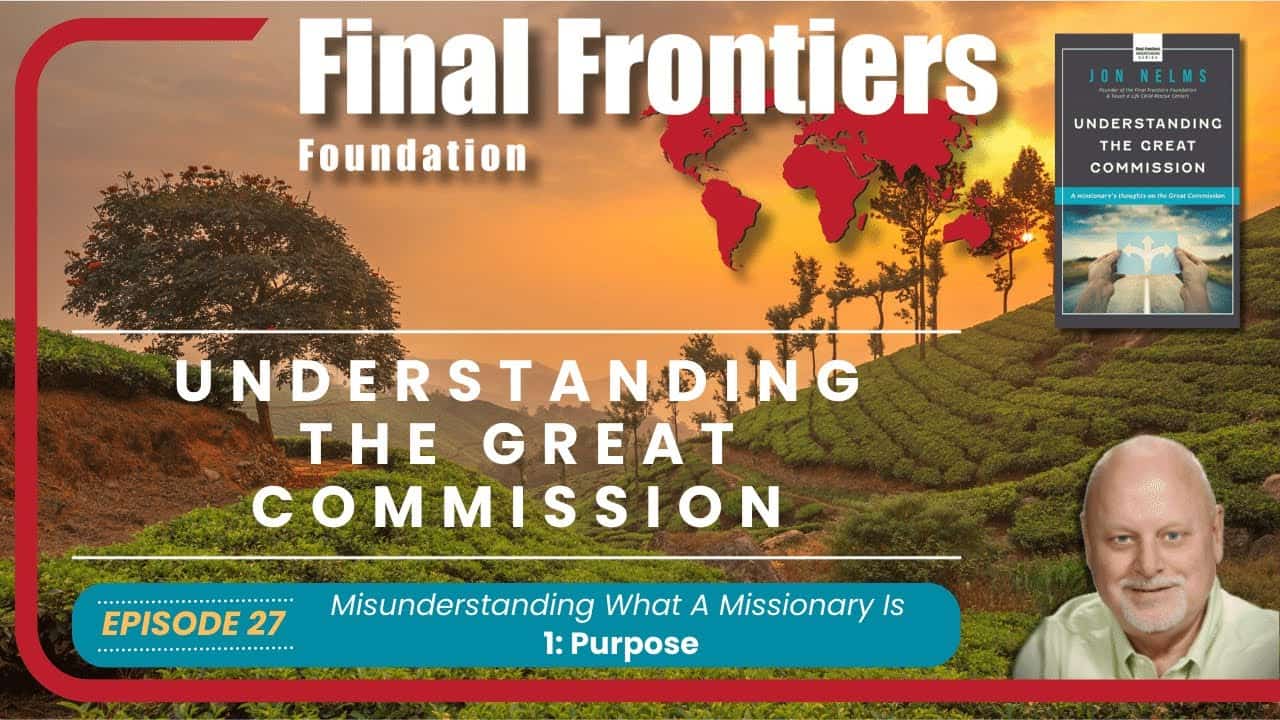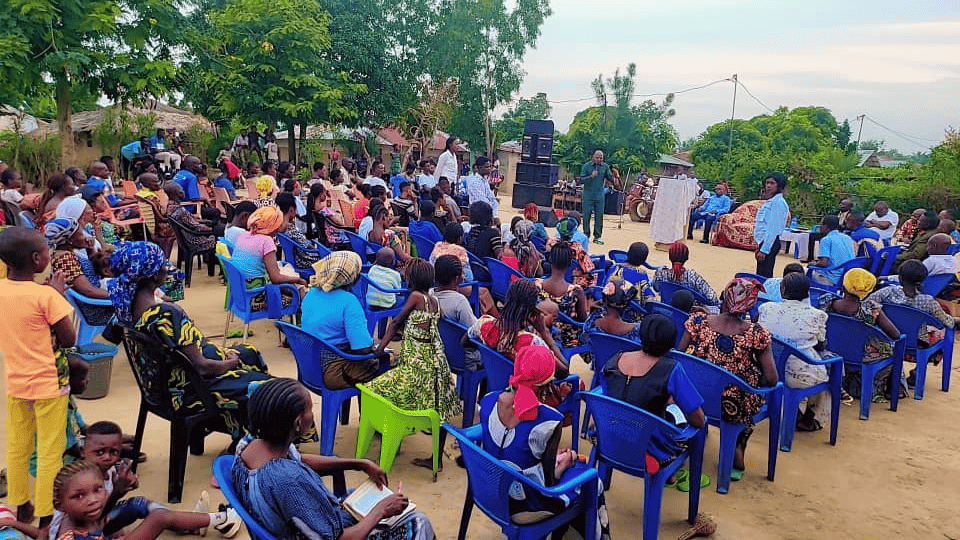UNDERSTANDING The Great Commission: Part 1 Purpose
In Ephesians 4, God reveals five gifts designed to bring us from conversion to spiritual maturity and perpetuate the church until His return. These gifts are apostles, prophets, evangelists, pastors, and teachers. The word apostle is the Greek word from which we derive the word missionary. He lays the foundation that the others will build upon. The other four gifts are ministers. 1. A prophet is an exhorter of the Word—not a mystic fortune teller. 2. An evangelist evangelizes, i.e., wins the lost as naturally as a pastor leads the flock. They are not traveling preachers who minister in churches. (Philip the evangelist had two daughters; the Bible also called them “evangelists.”) 3. The final two positions—pastor and teacher—are well understood and, thus, are self-explanatory.
The missionary is called and equipped by God to be the first messenger to enter a culture or region. His job is to proclaim Christ and establish a beachhead from which other ministers will both expand in outreach and mature the new converts. He declares the message that the true God does not take; He gives. He does not destroy; He restores. He does not hate; He loves. He is not a man who became a god; He is the God who became a man. He does not demand a sacrifice; He became our sacrifice. He did not live then die; He lived, died, and now lives again. Such a message has never been heard nor imagined—until the missionary comes. He paves the way for the future ministers who will follow him. Their combined efforts will produce more missionaries, preachers, evangelists, pastors, teachers, and so on in perpetuity.
Today, many want to get paid for ministry and often call themselves “missionaries” to get support. There are even self-proclaimed missionary plumbers and missionaries to the fashion industry. Such titles are absurd and unbiblical. These industries do not require missionaries but rather a faithful witness from local church members. It’s not what you call yourself that makes you a missionary; it’s what you do. Understanding a missionary’s real, biblical purpose is key to fulfilling the Great Commission.
Points to Ponder:
- Modern Christianity has changed the definition of missionary, as have we changed the definition of evangelist. In doing this, we ignore that God chooses women as witnesses, too. How do you think that has affected the spread of Christianity? (I address this issue at great length in my book, Great Commission Conundrums.)
- Consider that a missionary’s purpose is to lay the foundation of Christianity in a previously unreached place. Without him doing so, there is no church. You must pour the foundation before the structure can be built. Shouldn’t that cause us to honor the position rather than ignore it, relegating it to a lower position?
- Regarding sending more and more “missionaries” to the same place, just how many foundations do you need to pour before you start building?













